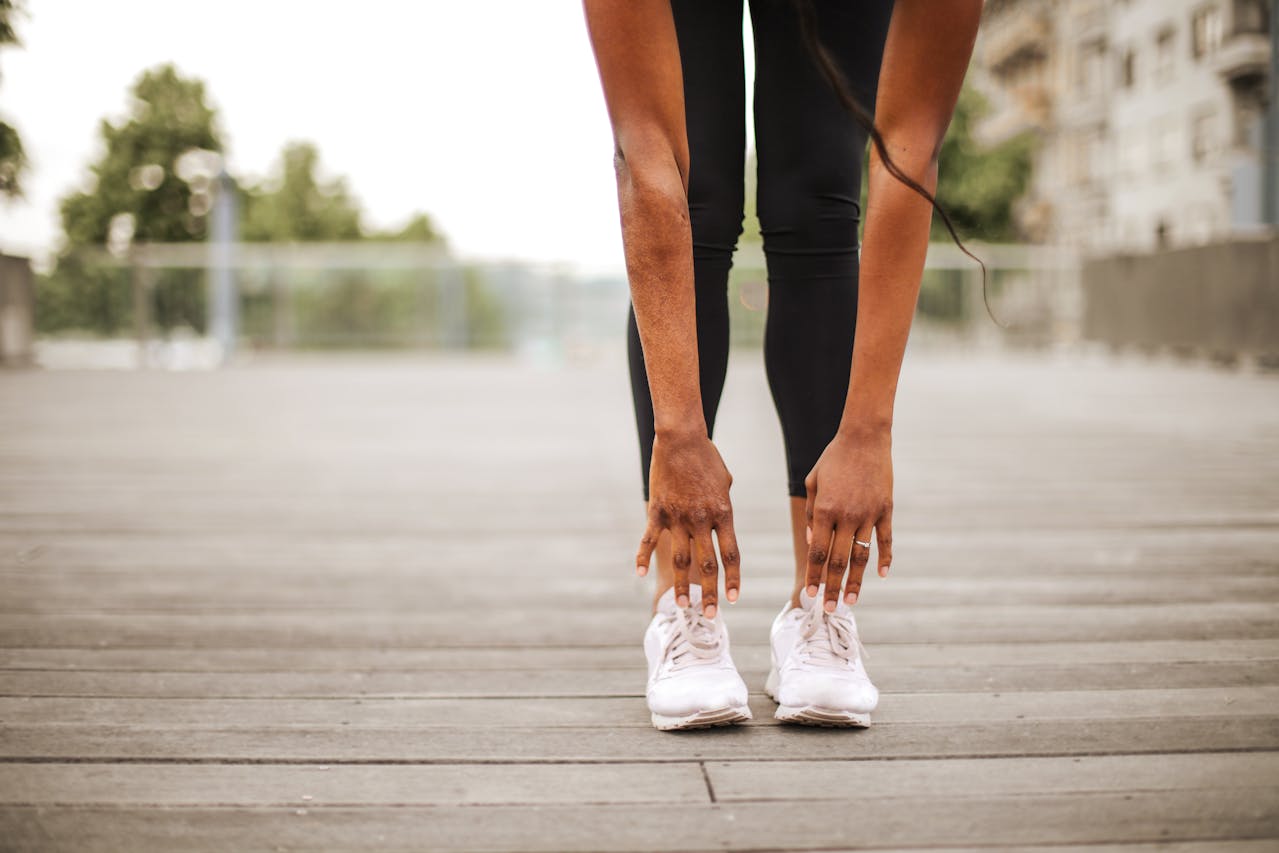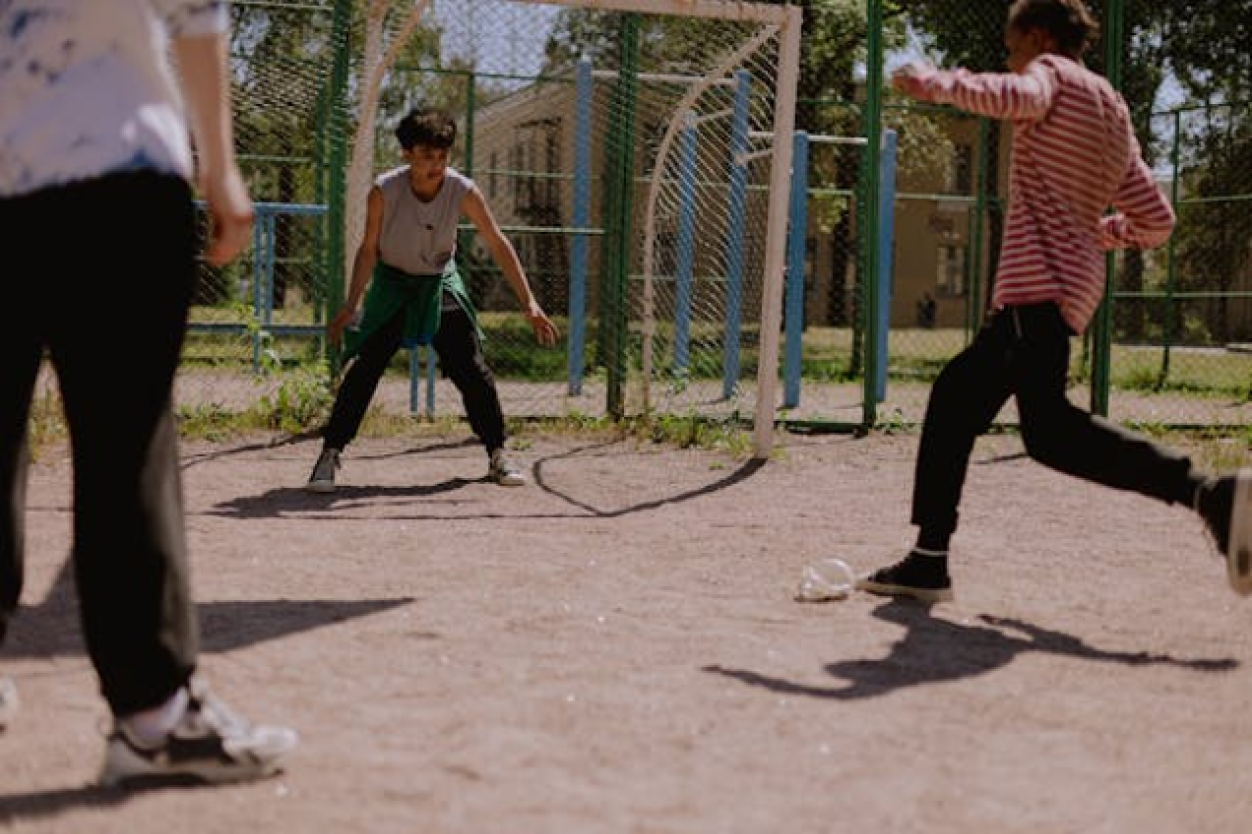Physical activity & give your mind a break and get moving!

- Why is physical activity so important?
- Benefits of staying active on your mental health
- How to get moving
You want to learn more about physical activity?
Why is physical activity so important?
What’s also true is that the average population is not exercising enough – young people are actually more active! So, why is everyone so concerned? In many ways it’s easier to become active at a younger age (no full-time job, young body, lots of sports offers for teens) which gives you a health advantage later in life. Adolescence is a critical time period when many people lose the healthy movement they had as kids.
If you are interested in the general working together of mind and body and an overview on how to use that to improve your mental health, please go to mind & body.

Benefits of physical activity on your overall & mental health
This is what happens when you do sports:
In short, physical activity is like positive stress for the body which over time can make your body and mind more resilient. Of course, it’s straining, that’s why it is important to not overdo it – listening to your body and decide what’s good for you right now is an important part of healthy exercising.
Other positive side effects:
Power-level assessment: You get a quick assessment of today’s power-level and general wellbeing and can adjust your workload accordingly (“Maybe I will not go out tonight”).
Team sports: You get in contact with other people easily and learn important social skills like collaborating or competing in a good manner.
Did you know: Participating in team sports reduces the risk of substance abuse and other dangerous behaviours in youth.
Sports can be used as an effective strategy to reduce stress or regulate your emotions. Thus, staying fit and active also reduces your risk of mental problems associated with stress like anxiety or depression.
Now let’s focus on how to get or stay active.
How to get moving


Joining a team or sports group can help you on many levels – it gives you a routine, offers natural rewards (having fun with your friends) and will motivate you even if you’re not feeling it.
Why don’t you have a look what’s out there? You don’t have to stay if you decide you don’t like it after all.
Sport psychologists give some tips that you can follow:
Get moving ≠ doing advanced workouts! Get more movement into your everyday life, e.g. by taking the stairs instead of the lift, cycling to school or to your friends or going for a walk while talking to your friends on the phone.
Find something that really motivates you until you have a routine that you can build on (work with little rewards if needed or connect the workout with something pleasant like a healthy smoothie or watching an episode of your favorite series afterwards)
Find other people to do sports together so you can motivate each other.
Set realistic goals: Don’t start with exercising 5 times a week, start with 1-2 times! You’ll be more motivated that way. You can still level up, if you have found a routine.